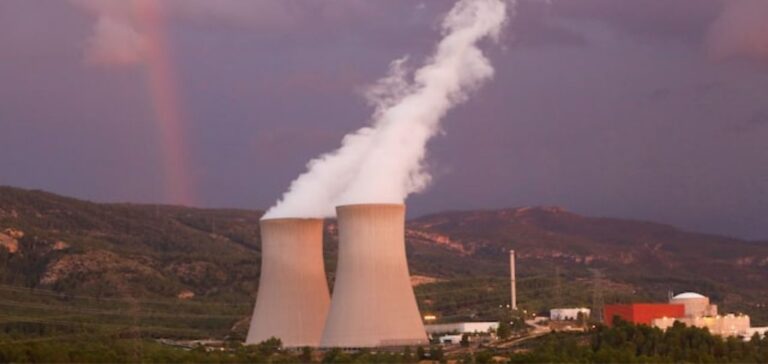Italy is about to take a major step forward in its energy policy.
The Minister for the Environment and Energy Security, Gilberto Pichetto Fratin, has announced that by early 2025, legislation will be proposed to allow the use of new nuclear technologies.
This decision signals a possible lifting of the ban on nuclear power generation, in force since the 1987 and 2011 referendums.
The project is based on the analysis currently being carried out by Professor Giovanni Guzzetta, who has been commissioned to examine the legal frameworks required to accommodate these new technologies.
Nuclear Technologies: Options and Challenges
The government sees the integration of small modular reactors (SMRs) and advanced modular reactors (AMRs) as potential solutions for diversifying its energy mix.
Italy anticipates a near-doubling of its electricity demand, estimated at 583 TWh by 2050.
Currently, the National Integrated Energy-Climate Plan (PNIEC) predicts that nuclear power could account for up to 11% of national energy consumption by 2050.
This strategy could reduce dependence on energy imports and meet the growing needs of the domestic market.
At the same time, industry players such as Enel and Eni, while operating nuclear infrastructures abroad, are showing interest in advances in new-generation nuclear reactors.
The aim is to strengthen the country’s energy capacities while aligning with its economic and energy objectives.
Economic and industrial outlook
A joint study by Edison, Ansaldo Nucleare, and The European House Ambrosetti estimates that the adoption of these nuclear technologies could generate more than €50 billion for the Italian economy.
The study underlines the potential for highly-skilled job creation and industrial development.
Prospects also include the establishment of modern infrastructures that could become models in Europe.
Edison has already expressed an interest in building SMRs on Italian territory, with potential projects as early as 2035.
These economic forecasts are accompanied by regulatory challenges and questions about nuclear waste management and the safety of new facilities.
Technological expertise remains an asset, but public acceptance and political consultation will be crucial to progress in this direction.
Political Challenges and Future Decisions
The potential introduction of nuclear power into the Italian energy mix will require strong political will and rigorous negotiations within parliament.
The strategy adopted will have to strike a balance between safety imperatives, industrial investment and public concerns.
The forthcoming debates could determine whether Italy is ready to reposition itself on the international energy scene with a renewed approach to nuclear power.






















